Spain has a long and interesting history stretching back decades and decades with many colourful events. As with any kingdom, war has played an important role in that history. With the expansion of the Spanish empire and the various colonies that the country began controlling, quarrels with certain nations were inevitable. And sometimes these issues spilled into the country itself causing upset amongst the Spanish population.
Table of Contents
Catalonia
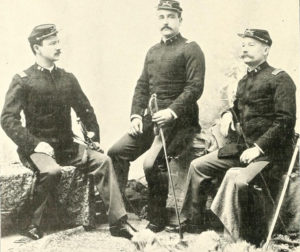


Internet Archive Book Images via Visual Hunt
Catalonia borders France at the foot of the Pyrenees in north-east Spain. It has a distinct history dating back to the middle ages and was for a long time a kingdom in its own right. It had great importance regarding sea commerce, until after the discovery of the Americas when trade routes began to shift into the Atlantic. Its people have a strong identity, made even stronger by the suppression of the Franco dictatorship, in which the area played a vital role in overthrowing. Nowadays, it has both a thriving industrial and tourism industry, remaining strong throughout the modern financial crises.
How the tragedy began
After losing the Spanish-American war in 1898, Spain turned to north Africa to continue its colonial expansion. This was met by opposition from the Riffian people of Morocco, resulting in the Melilla war. The Spanish army, undergoing various other military operations, was particularly small in this area so prime minister Antonio Maura Montaner began conscripting reinforcements from the third brigade of chasseurs in Catalonia.
Related article: Wilfrid the hairy: history and legends
Opposition
Many of the men in this brigade had completed active duty six years earlier and had not anticipated further service. They were tired of fighting, felt no passion for the campaign, and most couldn’t afford the 6,000 reales fee of paying for a substitute to take their place. Anarchist, anti-militarist, and anti-colonial philosophies had been growing in Barcelona for some time, and this was the final straw. It led to the union Solidaridad Obrera calling a general strike against Antonio Maura’s call-up of the reserves. Within days things escalated leading to angry radicals performing acts of vandalism, and soon the workers had taken over the city, halting army trains and overturning trams.
Retaliation
Troops were sent to crush the rebellion and barricades were set up on La Rambla which had come under martial law. But many of the troops had working class roots and refused to shoot at the workers, creating a stalemate situation. Eventually, troops were brought in from Valencia, Zaragoza, Pamplona and Burgos, finally bringing an end to the rebellion and causing dozens of deaths.
Related article: Jewish history in Barcelona
The aftermath
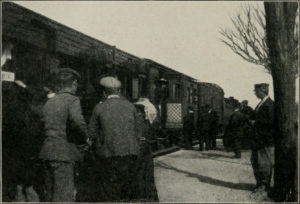


Photo by Internet Archive Book Images via Visualhunt
On the side of the police and army, 8 people died and 124 were badly wounded. Of the civilian casualties, nearly 150 died and many more were hospitalized. Nearly 1,700 individuals were brought to military courts on the charge of “armed rebellion”, with 5 people being sentenced to death.
News of the event soon spread around the continent and it was met by condemnation from the different newspapers. King Alfonso XIII was also horrified by what had happened and immediately removed Prime Minister Antonio Maura from power, replacing him with conservative Segismundo Moret.
Looking for a place to stay during your visit to Barcelona? ShBarcelona offers a variety of apartments for short and long stays in the city.









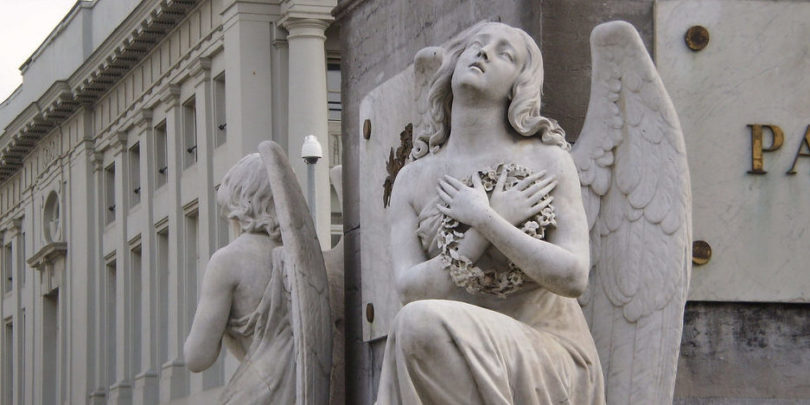





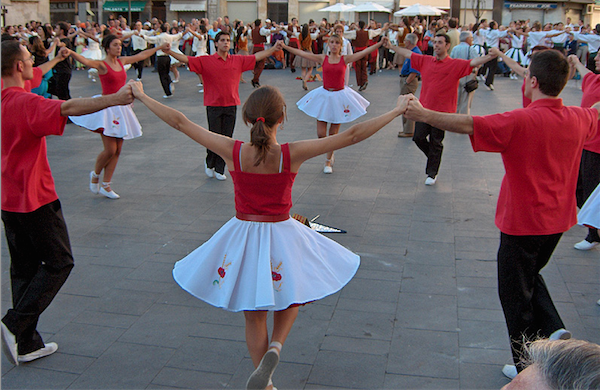


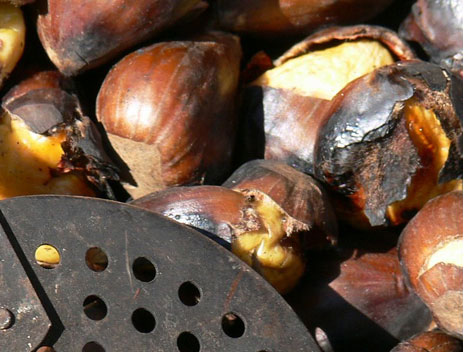


Leave a Comment